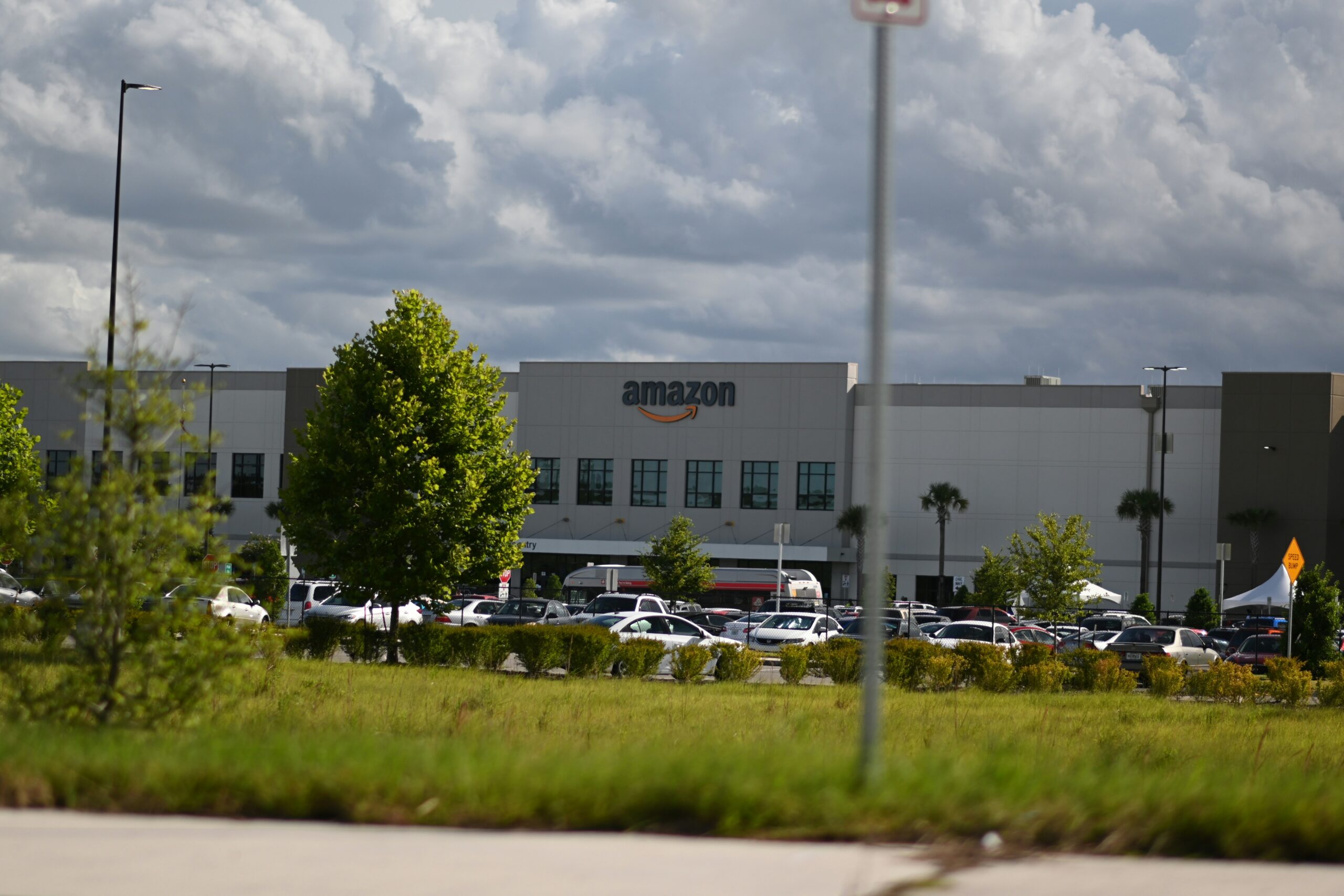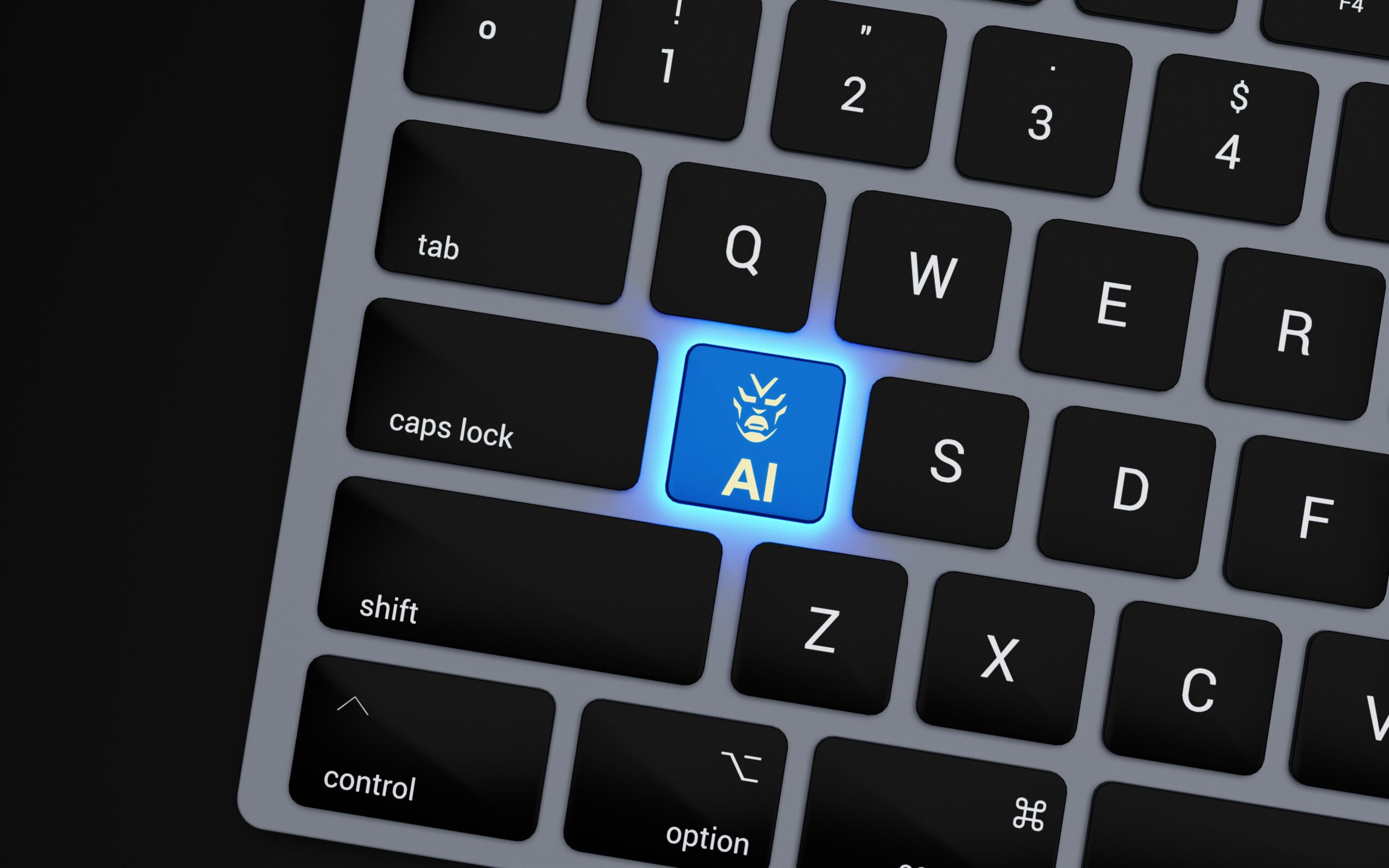Image credit: Unsplash
Artificial intelligence (AI) and cloud technology have demonstrated the potential to become essential elements of business in the digital age. Though coordinating the technologies requires carefully planned infrastructure and security, businesses that can take advantage of both could propel themselves into the future in 2025.
Cloud Technology
Though technology has existed since the 1950s, the modern form of cloud computing was launched by Amazon in 2002 as a means of using their computer’s capacity more efficiently. In 2006, Amazon Web Services (AWS) was created to offer the same services to clients. Countless businesses and individuals rely on cloud computing to work more efficiently, share resources, and store data.
AI Technology
Modern AI is based on large language models (LLMs) and machine learning (ML), which can automate tasks, provide personalized input, and improve decision-making. Data processing is one of the most powerful uses of AI in its current stage, rapidly accelerating past a human’s ability to analyze data sets. With the cloud’s ability to store large amounts of data, AI is an ideal technology to maximize existing resources.
How the Two Technologies Work Together
As it stands, AI requires an exceptional amount of computing power—for every email you send using an AI chatbot, its servers require about a bottle of water to keep cool—but existing cloud platforms can meet the technology’s requirements. Platforms like AWS, Microsoft Azure, and Google Cloud are all effective for scaling AI projects, offering on-demand access to resources without installing hardware directly.
Bolstered by the cloud, businesses can take advantage of AI integrations, which can analyze data stored in the cloud and better use existing infrastructure. Though energy-intensive, AI has the potential to empower businesses in conjunction with the cloud, allowing for the testing of AI applications, new ideas, and adaptation to technological advancements.
Industries Are Taking Advantage
Several industries, from retail to healthcare, are already taking advantage of these two technologies as the year ends. The United Kingdom’s National Health Service (NHS) has reportedly begun implementing AI-powered cloud tools to predict future hospital admissions and optimize resources accordingly. This will reduce patient wait times and improve outcomes overall. A similar initiative aims to reduce wasted time for the nation’s police force.
Additionally, Spotify has been using AI and cloud technology to more efficiently personalize music recommendations for millions of its users, using existing data to enhance the user experience. Numerous online businesses already have vast stores of data that AI can quickly analyze and apply to improve existing processes and uncover new opportunities.
Ensuring Proper Implementation: Governance, Security, and Adaptability
Successful AI and cloud technology implementation requires proper measures. It is essential to properly govern AI tools and instate clear policies to ensure safe and compliant use. In the same vein, security should be a foremost priority of any company using AI. The technology must sometimes process sensitive data, so ensuring your cloud is secure is essential.
Finally, businesses must continue to adapt. AI and cloud technologies are both reasonably recent developments, and they are constantly changing. To stay ahead of the competition, stay ahead of advancements in AI tools and cloud services, or whatever might be developed in the future.
Driving Businesses to 2025
The combination of AI and cloud technologies is already driving business growth at the end of the year, and 2025 is likely to continue the trend. Both technologies seem to unlock one another’s full potential, joining exceptional data storage with rapid data analysis.
If your business can leverage each of these technologies, it stands to accelerate its operations, drive efficiency, and continue looking to the future of innovation.















































































































































